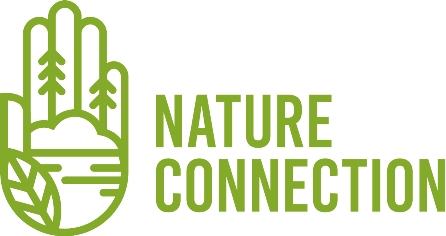Copied from post on https://www.instagram.com/animamundiherbals/
Have you ever thought about how the language we use separates us from nature? 🌳 Language affects our relationships with the natural world more than we may realize. If we change how we talk about nature, expanding our vocabularies to include new words (maybe even some in languages that are not our own), we might deepen our sense of interconnectedness, dispel the myth that humans and nature are separate, and move toward stronger actions for conservation, climate solutions, and preventing biodiversity loss.
Indigenous communities like the Syilx Okanagan Nation, for example, refer to “the land and our bodies with the same root syllable,” according to Jeanette Armstrong, a traditional knowledge keeper of the Syilx Okanagan Nation. Robin Wall Kimmerer also shared in her book – Braiding Sweetgrass – that “in Potawatomi and most other indigenous languages, we use the same words to address the living world as we use for our family. Because they are our family.”
Here are 5 nature words 🌳🌿 you didn’t know you needed to hear today:
~ Petrichor: The pleasant, earthy smell that comes after a fresh rain.
~ Susurrus: The soft, murmuring, or rustling sound of leaves, wind, or a gentle stream.
~ Phenology: The study of cyclic and seasonal natural phenomena, such as the timing of bird migrations or the blooming of flowers.
~ Quiescent: A state of quietness or inactivity in nature, such as a dormant volcano.
~ Gossamer: Something delicate, light, and insubstantial, like a spider’s web or the delicate wings of a butterfly.
What would you add to this list? What words and phrases help you connect deeply to the natural world?

